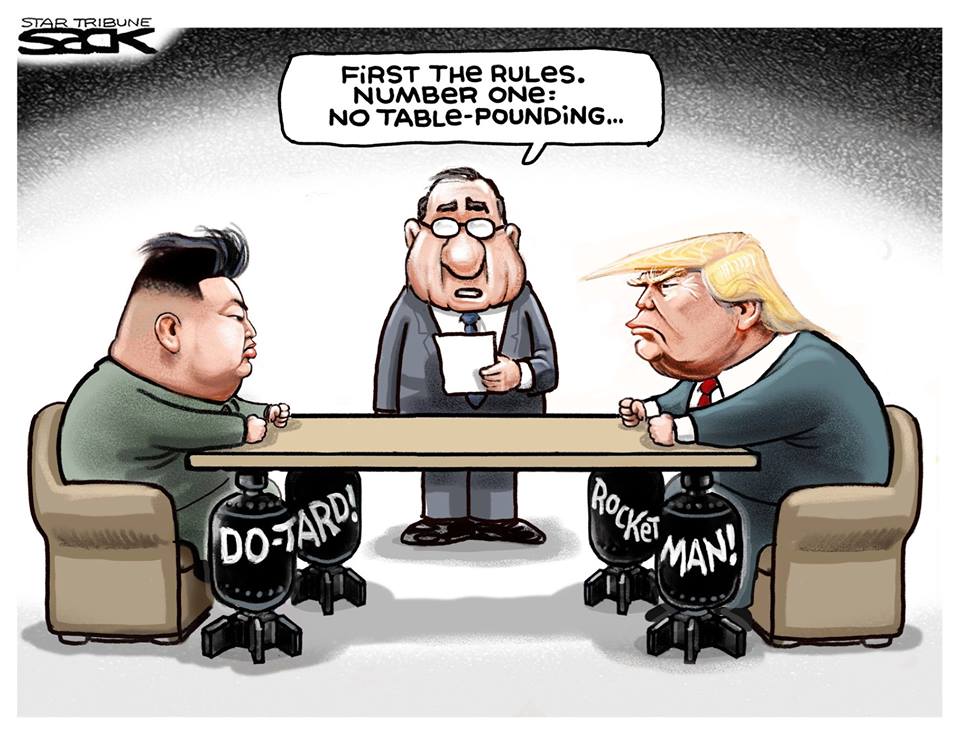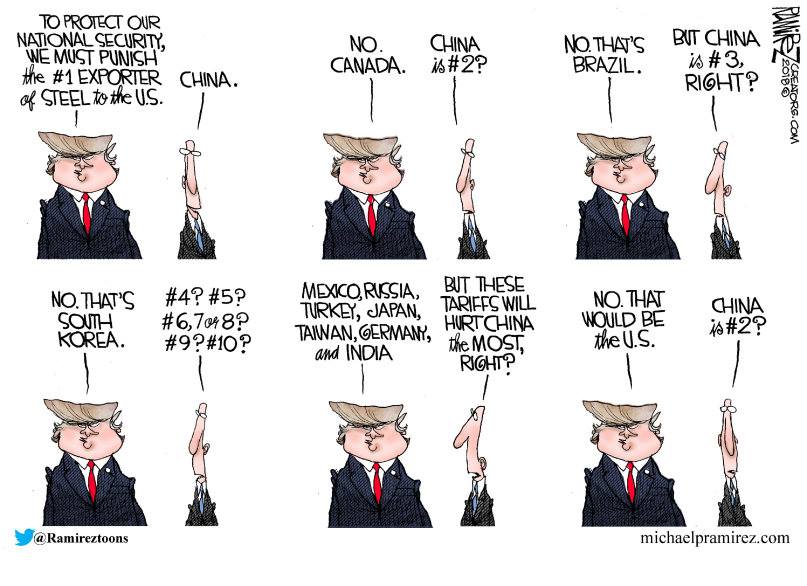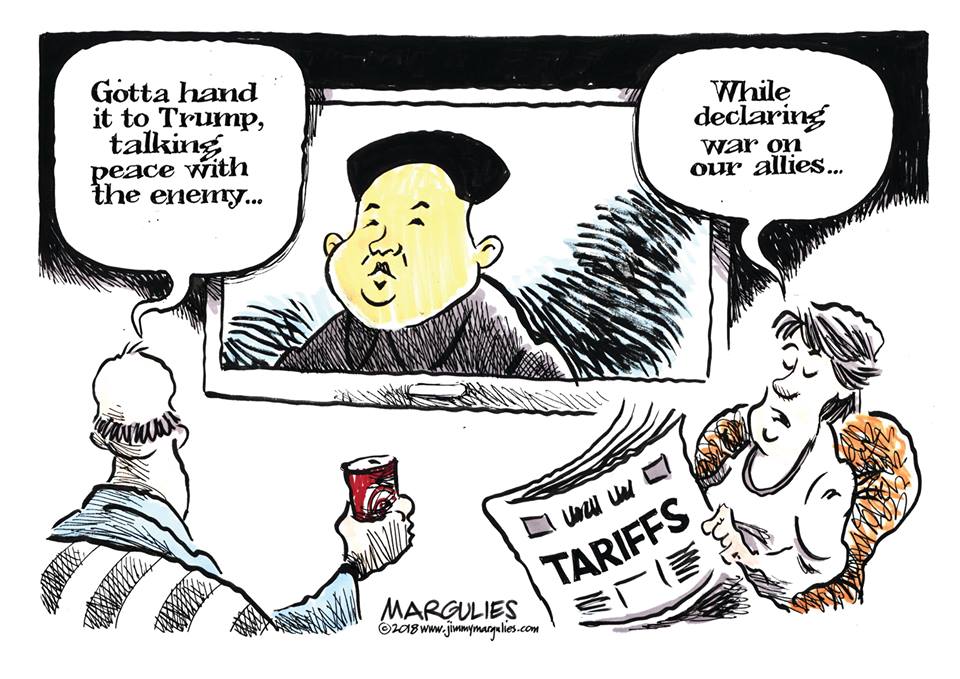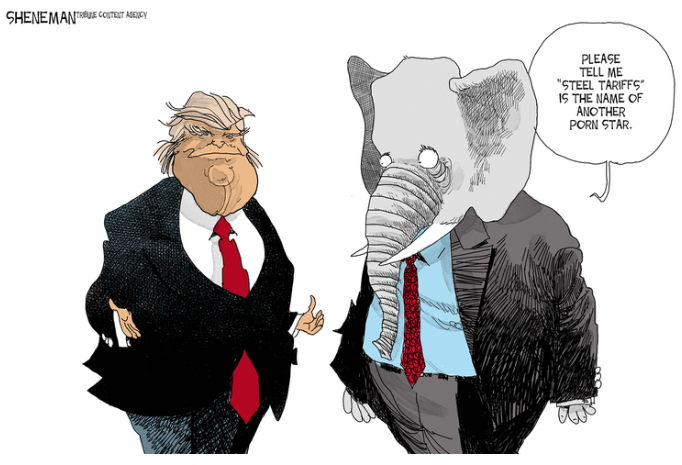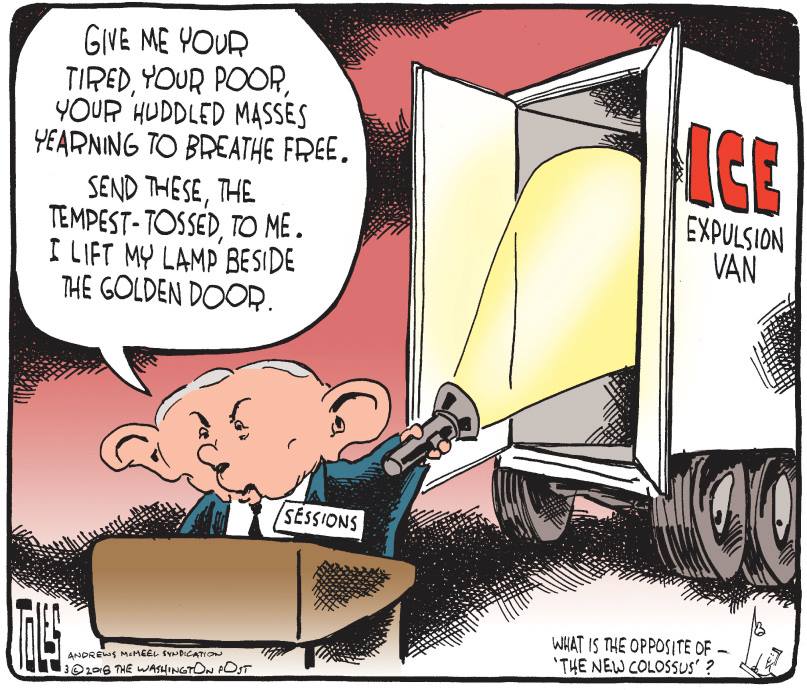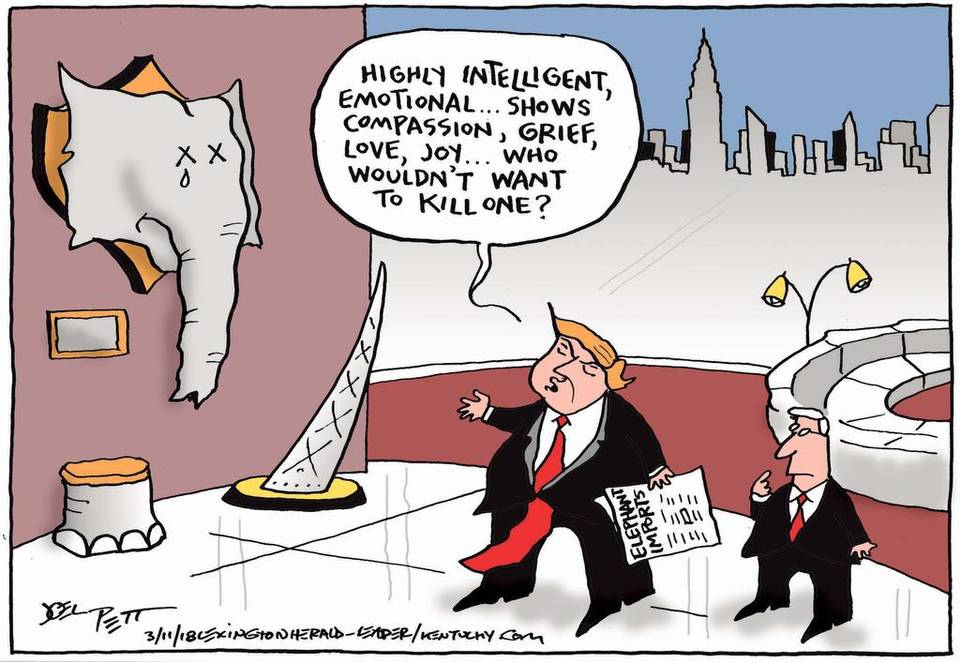The Daily Escape:

Autumn near Walpole, NH – October 2018 photo by knale
Happy Monday. Over the weekend, Trump announced that the US will be exiting the Intermediate Nuclear Forces (INF) treaty, which Reagan and Gorbachev signed in 1987. The INF banned all US and Soviet land-based ballistic and cruise missiles with ranges between 500 and 5,500 kilometers. The weapons ban resulted in the destruction of 2,692 missiles. Washington demolished 846, and Moscow 1,846.
From the NYT:
But the pact has also constrained the United States from deploying new weapons to respond to China’s efforts to cement a dominant position in the Western Pacific and to keep American naval forces at bay. Because China was not a signatory to the treaty, it has faced no limits on developing intermediate-range nuclear missiles, which can travel thousands of miles.
While the treaty was seen as effective, it’s hard to argue that the US is somehow obligated to remain in the INF treaty since we know that Russia has been pushing the edge of envelope for the last few years.
But, Russia’s behavior is just part of Trump’s calculation: His administration would like to develop a larger and more diverse portfolio of nuclear capabilities. It also has concerns about China, which isn’t subject to any arms control agreement, and they specifically rejected joining the INF.
As a result, Beijing has deployed a large number of intermediate and short-range conventional ballistic missiles, pointing them at US allies, including Taiwan.
Washington has focused on ballistic-missile defenses, but it seems that the Trump administration would prefer to respond with next-generation intermediate and short-range weapons. The US has done preliminary work on a new intermediate-range nuclear missile, and if deployed, it would also violate the INF.
It’s also far from clear where such new land-based weapons might be deployed. None of our European allies appear willing to accept them.
And there isn’t enthusiasm for US land-based missiles among our Asian allies. Japan, South Korea, the Philippines, India, and Vietnam all are unlikely to host new US intermediate range missiles. That would leave Guam, which sits 2,400 miles from Beijing and 1,800 miles from Shanghai, not a decisive strategic counter-move.
The only argument for Guam is that those missiles would reach targets in China much faster than weapons sent via Guam-based bombers, but they would still be slower than sea-based cruise missiles.
Walking away from weapons treaties has had adverse diplomatic and strategic consequences in the past. When the GW Bush administration announced its withdrawal from the Anti-Ballistic Missile Treaty in 2001, the Kremlin responded by withdrawing from the second Strategic Arms Reduction Treaty and its prohibition on land-based missiles carrying multiple warheads.
The Kremlin is now moving forward with deployments of new “heavy” land-based missiles that can carry ten or more warheads. Their purpose is to defeat US missile defenses. Likewise, the demise of the INF Treaty would only reinforce the current nuclear competition.
Is Trump doing a smart thing?
The INF Treaty was less about hobbling the US than it was about hobbling Russia. The treaty only covered land- and air-based systems. So the US and NATO held a strategic advantage with its navies.
The only advantage Russia had, and still maintains, is its large land mass that can hide huge numbers of mobile launchers. By withdrawing from the treaty, the US actually plays right into Moscow’s hands. Mobile launchers are notoriously difficult to track down. We can’t do it in North Korea, and we couldn’t do it in Iraq.
Trump thinks he’s playing hardball, but Wrongo thinks his business acumen has been sadly overplayed. Exiting the INF isn’t so good for the Americans. Republicans used to think that fewer international entanglements would allow the US to keep its defense budgets low.
The Trump-Bolton idea turns this on its head. In fact, when it comes to American military security, Trump’s idea relies on magical thinking. It’s not just that his plan isn’t good for national security, it’s also that the Trump administration aims to make the US a military powerhouse while cutting taxes.
Bolton’s aim seems to be to create the conditions that could lead to war, an extraordinarily dangerous game, considering the flakiness of his boss.
Wake up America! Here’s another reason why turning out to vote in November, and then voting to turn out as many of these Republican chicken hawks in DC as we can, is of ultimate importance.





